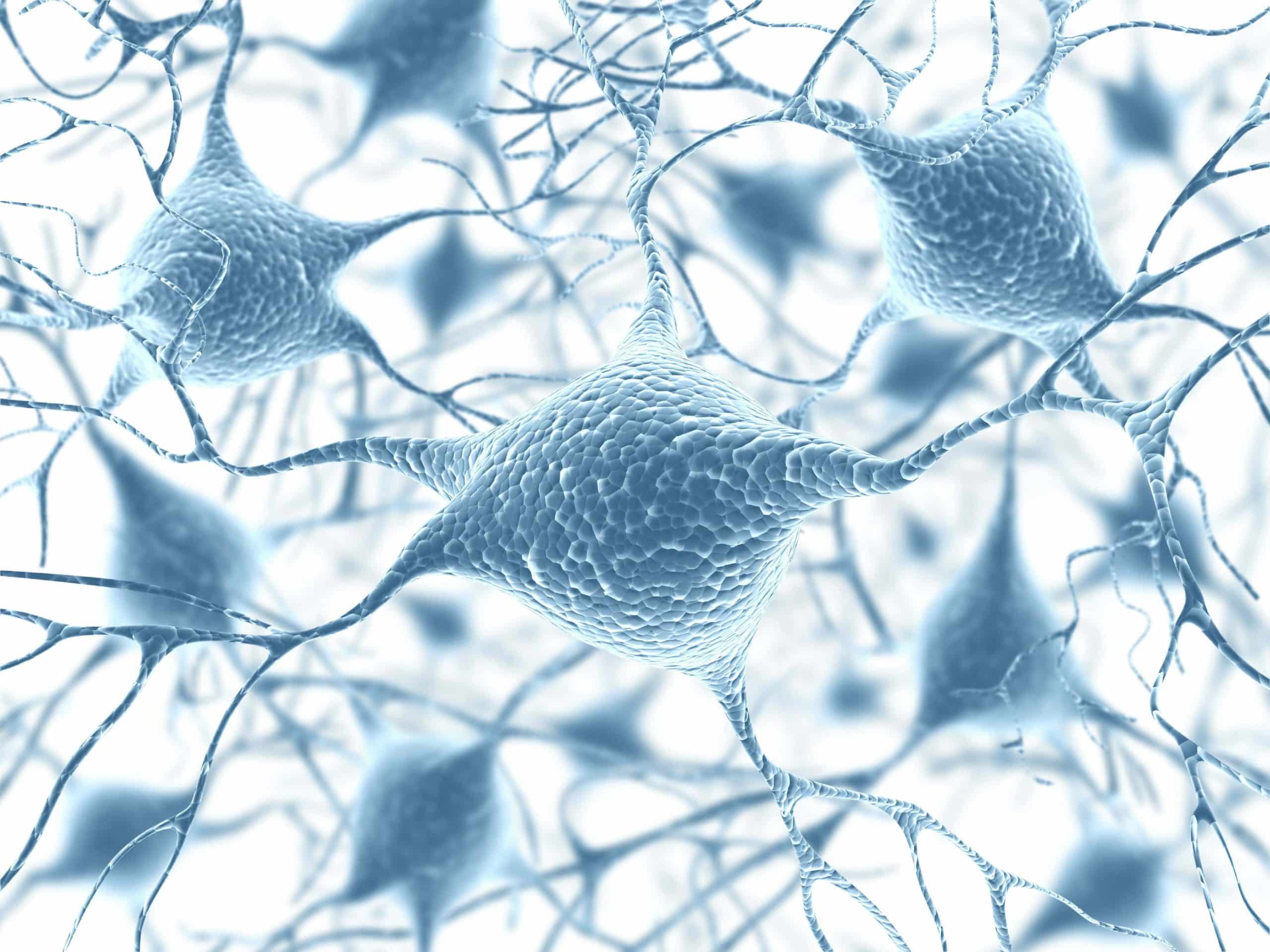For the first time, novel expression sites in the brain have been identified for a gene that is associated with Motor Neuron Disease and Frontotemporal Dementia.
Many people who develop Motor Neuron Disease, also called Amyotropic Lateral Sclerosis (ALS), and/or Frontotemporal Dementia (FTD) have abnormal repeats of nucleotides within a gene called C9orf72 which causes neurons to die.
A research team discovered that the C9orf72 gene is strongly expressed in the hippocampus of the mouse brain- a region where adult stem cells reside and which is known to be important for memory.
C9orf72 is also expressed at the olfactory bulb, involved in the sense of smell. Loss of smell is sometimes a symptom in FTD.
They also found that the C9orf72 protein changes from being concentrated in the cytoplasm of cells to both the cytoplasm and nucleus as the brain cortex develops, and during the development of neurons.
The researchers were working to map expression of C9orf72 in developing and adult mouse brains to help characterise reliable animal models to study the gene and its effects in both kinds of neurodegenerative diseases, for which there are currently no cures.
The exact function of C9orf72 in humans and animals remains unknown, but in the mutated version in patients there are large stretches of abnormal repeated sequences.
The study is published in the Journal of Anatomy.
The findings also confirmed previous research showing C9orf72 is strongly expressed in the cerebellum and motor cortex of the brain.
Paper: „Dynamic expression of the mouse orthologue of the human amyotropic lateral sclerosis associated gene C9orf72 during central nervous system development and neuronal differentiation“
Reprinted from materials provided by the University of Bath.

